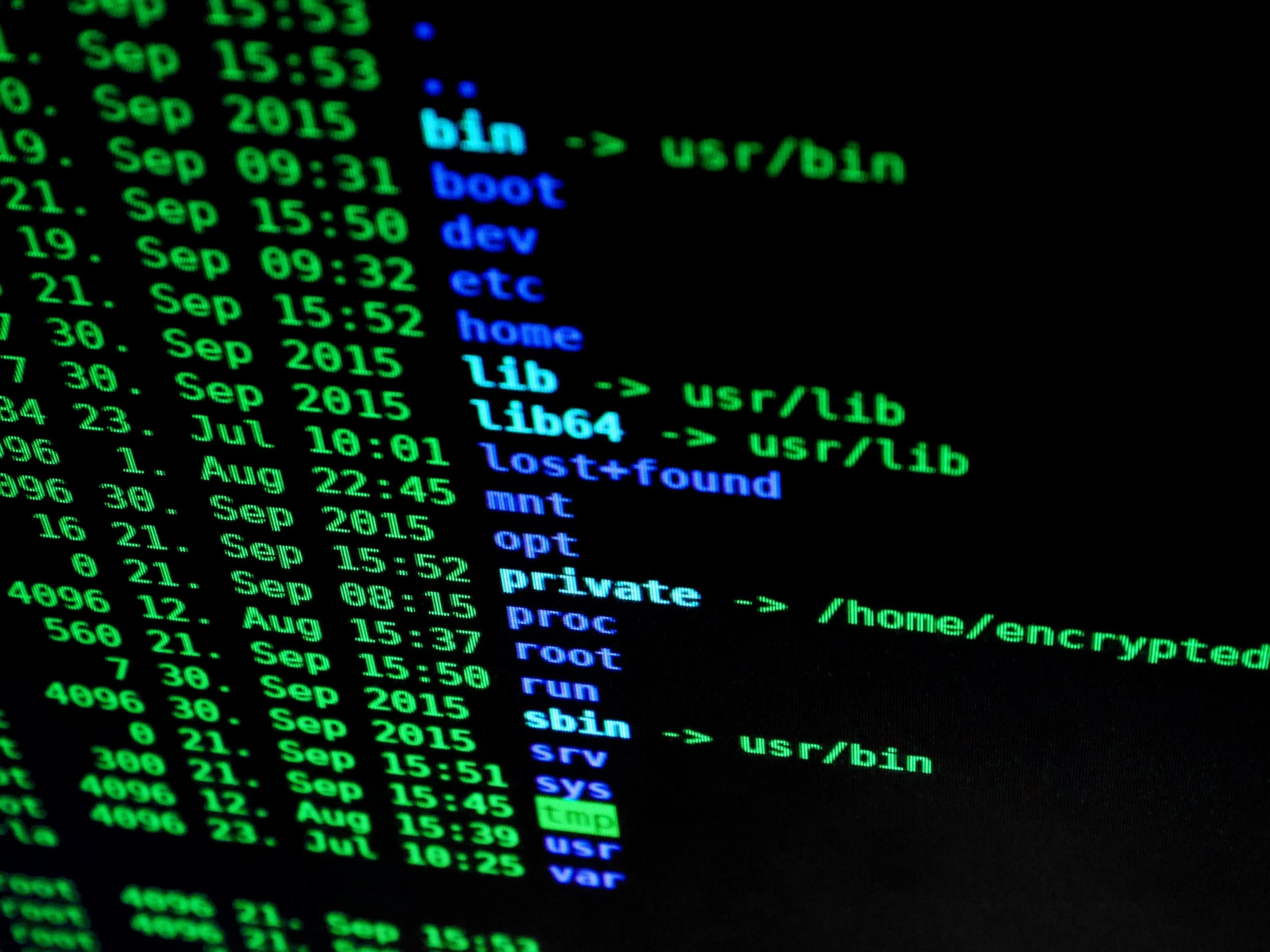As external factors like geopolitical shocks and civil unrest increasingly affect workplaces, leaders face the challenge of ensuring both business continuity and employee well-being. Leaders need to adopt empathy and adaptability as essential skills, recognizing that external stressors influence team dynamics.
A study involving managers from various countries revealed that effective leadership during turbulent times requires proactive communication strategies. Clear, intentional updates helped teams maintain focus and morale, while flexible work arrangements reduced stress and enhanced productivity. Moreover, innovation often surfaced under pressure, highlighting the need for leaders to embrace change and encourage experimentation among teams.
Overall, the findings suggest that responding effectively to external unrest involves a combination of flexibility, innovation, disciplined communication, and attentiveness to the unspoken challenges faced by employees. Leaders must integrate these strategies to build resilient teams capable of navigating ongoing disruptions, ensuring that organizations not only survive but thrive in times of crisis.
👉 Pročitaj original: MIT Sloan Management Review








